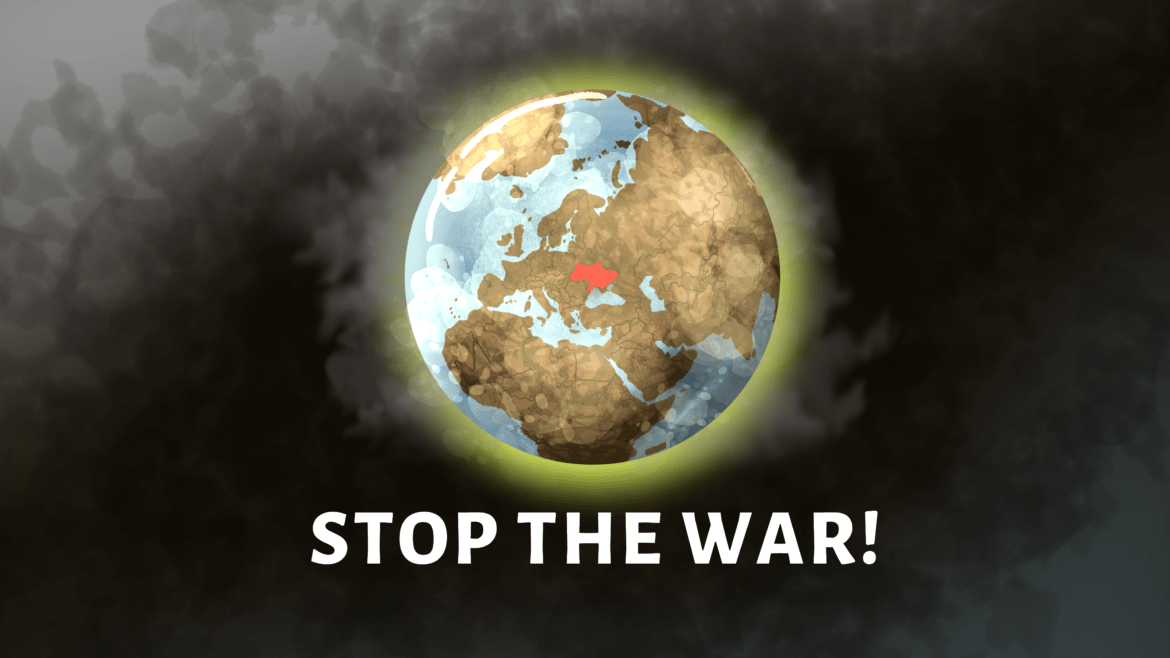There is nothing more tragic than war. Thousands of innocent people die. War is marked by violence, millions of refugees, hectares of scorched earth, and destroyed cities and towns. Regardless of the reasons we say we start wars, humanity is fighting against itself. Aggressive behavior against the natural world during wartime can be irreversible.
War is as old as humanity, but with the introduction of technology, it has become crueler and more destructive. With the advent of nuclear weapons, military action carries with it not only death, but also the threat of environmental catastrophe for the entire world.
Since February 24, 2022, there has been war in Ukraine. People are dying. Infrastructure, agriculture, and forests are being destroyed. The crushing force of military shelling is killing all living things and causing enormous forest and steppe fires.
Forest fires spread out of control and destroy a significant part of the ecosystem. The Russian army is conducting military actions on the territory of national parks and protected areas. They are destroying the forests by using wood to build defenses and infrastructure, as well as for heating and cooking. The forests are filled with fallen rockets and unexploded ordnance, creating an ongoing danger to people and animals.
The warring sides are ordered to destroy oil facilities. Deliberate destruction of large quantities of fuel is a strategic task designed to weaken the enemy. The destruction of fuel tanks and the resulting oil spills pollute the air, water bodies, groundwater, and land with dangerous carcinogens. The combustion of large volumes of petroleum products emits greenhouse gases into the atmosphere, accelerating climate change.
The most horrifying risk of the war in Ukraine is the threat of nuclear radiation. The Zaporozhe nuclear power plant, the largest and most powerful in Europe, was under fire. It is located on the Kakhovka Reservoir on the left bank of the Dnieper River. The Dnieper flows to the Black Sea, which, in turn, flows to the Mediterranean Sea. In the event of a radiation leak, much of the world would be at risk. This dangerous situation could occur in moments, with the capacity to destroy the entire world.
In November 2001, the General Assembly of the United Nations designated November 6 as the International Day for Preventing the Exploitation of the Environment in War and Armed (resolution 56/4). The UN Environment Program stated that for at least the past 60 years, 40% of all internal conflicts were connected to the exploitation of natural resources, including wood, diamonds, gold, and oil, and scarce resources like fertile land and water. Conflicts over natural resources were also found to be twice as likely to relapse as others.
The environmental online journal, Living Asia, prepared this short, animated film about the environmental impacts of war. The war must be stopped here and now! No War! We are for peace!
This article originally appeared on Living Asia.

